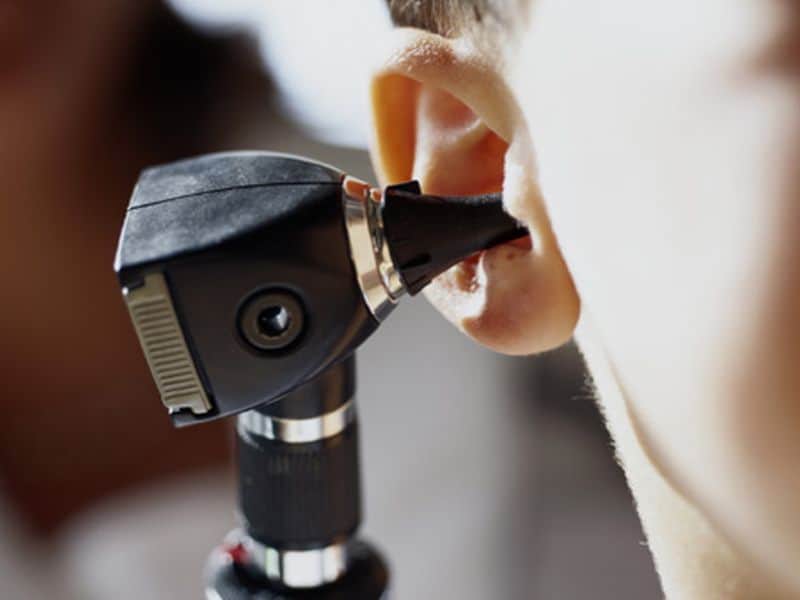WEDNESDAY, June 27, 2018 (HealthDay News) — Delayed administration of sodium thiosulfate after cisplatin chemotherapy may prevent treatment-related hearing loss in children with standard-risk hepatoblastoma without affecting survival outcomes, according to a study published online June 21 in the New England Journal of Medicine.
Penelope R. Brock, M.D., Ph.D., from Great Ormond Street Hospital in London, and colleagues randomly assigned children (older than 1 month to younger than 18 years of age) who had standard-risk hepatoblastoma to receive cisplatin alone (n = 52; 80 mg per m2 of body-surface area over six hours) or cisplatin plus sodium thiosulfate (n = 57; 20 g per m2 over a 15-minute period, six hours after the discontinuation of cisplatin) for four preoperative and two postoperative courses. Pure-tone audiometry was used to measure absolute hearing threshold in 101 of the children.
The researchers found that few high-grade toxic effects were associated with sodium thiosulfate. In 33 percent of children in the cisplatin-sodium thiosulfate group and 63 percent in the cisplatin-alone group, hearing loss of grade 1 or higher occurred, which indicated a 48 percent lower incidence of hearing loss in the cisplatin-sodium thiosulfate group. At a median of 52 months of follow-up, the three-year rates of event-free survival were 82 percent in the cisplatin-sodium thiosulfate group and 79 percent in the cisplatin-alone group, while the three-year rates of overall survival were 98 percent and 92 percent, respectively.
“We found that the delayed administration of sodium thiosulfate resulted in a significantly lower incidence of cisplatin-induced hearing loss, with no evidence of tumor protection,” conclude the authors.
Several authors disclosed ties to Fennec Pharmaceuticals.
Abstract/Full Text (subscription or payment may be required)
Copyright © 2018 HealthDay. All rights reserved.



